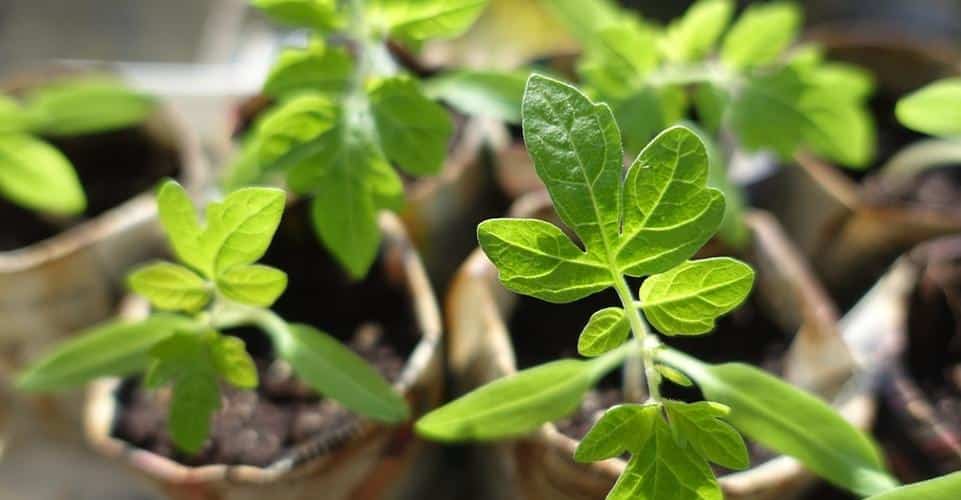Successful gardening starts with the New Hampshire Growing Guide! The average growing season in New Hampshire is usually 132 days. This is a relatively short period for most plants. The trick to a successful garden is to know when to plant your seeds. Sunny Valley Farms offers the following tips for growing in the New Hampshire climate:
Know Your Frost Dates
Frost can harm seeds that are in the germination process or that have recently sprouted. On average, the last frost occurs around May 10th, and the first frost occurs around September 10th. Many people use the Memorial and Labor Day holidays to signify the beginning and end frost dates. Putting your plants outside in the ground should occur during this period to prevent frost harm.
Start Your Seeds Indoors
Seeds should be planted indoors six to eight weeks before the end frost date. This gives your plants sufficient time to sprout and become hardy enough to go into the ground. Choose an area in your home for the seeds that will provide light and warmth.
Vegetable seeds can take up to three weeks to germinate. Pepper plants often take longer while tomato plants germinate much faster. Make sure that you give your vegetable plants enough time to grow before they are planted in the ground so that they can survive the transplanting and produce well when matured.
Flowering plants often grow quickly and in groups when they sprout. You may have to thin out seedlings to allow the plants to become stronger. Many annual plants will have a rapid germination period because they are “programmed” to develop fast, produce, and then die off. These are the last seeds that you want to plant when you are starting your seeds.
Some Plants Should Be Sown In Fall
Some types of plants do well if they are put in the ground in fall and allowed to go dormant in winter. Bulbs for many annual plants, garlic, and several other herbs do well when they are allowed to hibernate in the ground during the cold season. If you are planting trees, you should plant them in early fall so that they have time to secure their roots before the hard freeze.
Some Plants Were Meant For Pots
Some plants grow better when managed in a pot. Many herbs are easier to maintain and cultivate if they are kept in a container. This allows the plant to move indoors and continue to grow and produce during the winter months. If you are growing your plants in pots, take some time each year and change out the soil so that the plants can continue to receive the nutrients they need and remain healthy.
Sunny Valley Farms wishes you a wonderful growing season!



